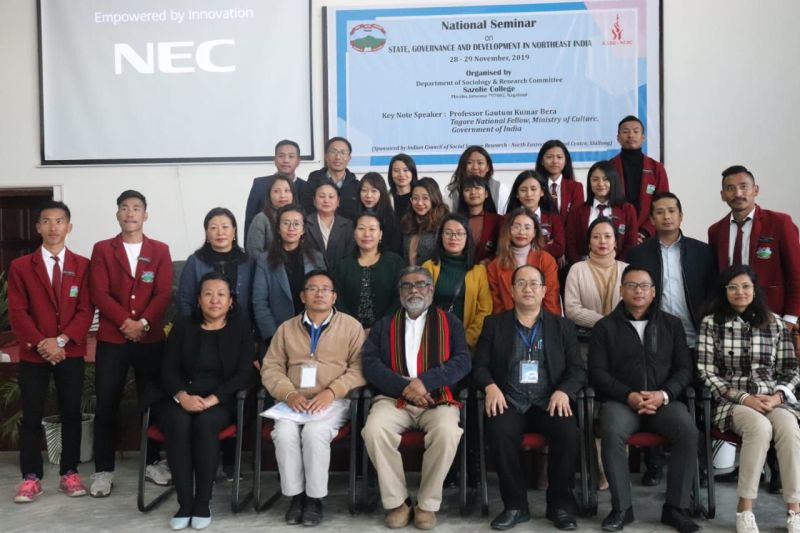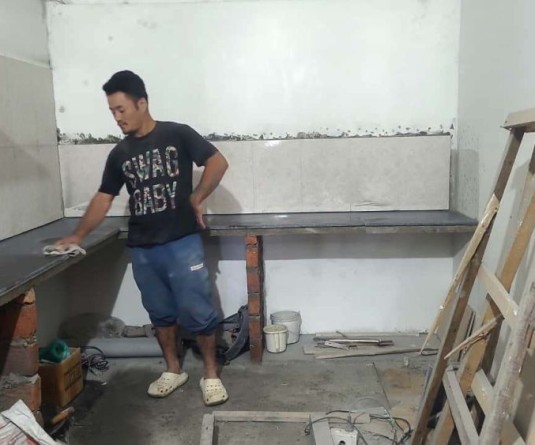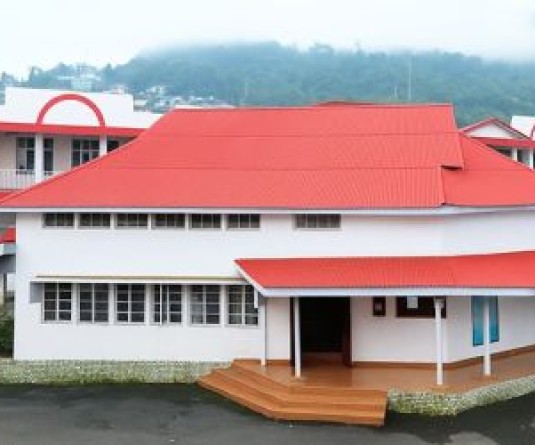1

Professor Gautum Kumar Bera along with participants, faculty and students after the national seminar held at Sazolie College on November 28 & 29.
Kohima, December 5 (MExN): Two-day National Seminar on ‘State, Governance and Development in Northeast India’ was organised by Department of Sociology and Research Committee, Sazolie College, sponsored by UGC-NERO &ICSSR-NERC on November 28 and 29 at the college premises.
Professor Gautum Kumar Bera, Tagore National Fellow, Ministry of Culture, Government of India, in his keynote address deliberated that North East has historical links, ethnologically and linguistically, and that the area is marked with varied degree of cultural and religious practices.
However, he said that “the Government of India brought new challenges in the arena of tribal world with the intention of bringing them to the main stream of society.”
The changing contour of the state in the context of nation-state boundary was challenged with the abrogation of Article 370, he said.
Professor Bera further opined that Christianity and education are paramount factors of change in the region and emphasised that “no other endeavour could integrate the tribal world with importance to their customs and practices except the influence of Christianity.”
He was of the view that, “education is another agent of change in helping the people to preserve the traditions and the values, and rebuild the society by inculcating values in the minds of the people.”
He further said that the “entire canvas of NE India still stands as a unique example of unity amidst adversity where the rhythm of unity echoes with the tunes of flute reverberate with the melodies of nature.”
Highlighting the discussion of the seminar, the presenters deliberated on various issues related to governance in reference to the Lisu tribe of Arunachal Pradesh, the case of Dibang village dam and the role of Arunachal Pradesh, importance of governmental policies and community participation in the making of good governance, conflicts of indigenous identity, influence of indigeneity through socially constructed beliefs and identity politics, shifts of land ownership, decline of traditional pottery making and the need to revive the practice with modern innovations, role of civil societies in bringing change through collective support for the weaker and neglected sections.
Concerns over the lack of women’s participation in politics were also raised, despite the growth of women entrepreneurs and booming economy in the case of Manipuri women. The seminar concluded with discussions on environment, urbanization and development, stating that urbanization is a global process which stimulates economic development and growth.
Aphrenuo Pienyü chaired the programme. Prayer was pronounced by Nzanthung Kikon. Principal, Dr Kangzangding Thou gave the welcome address, while vote of thanks was delivered by Convenor of the seminar, Thepfusalie Theunuo.






